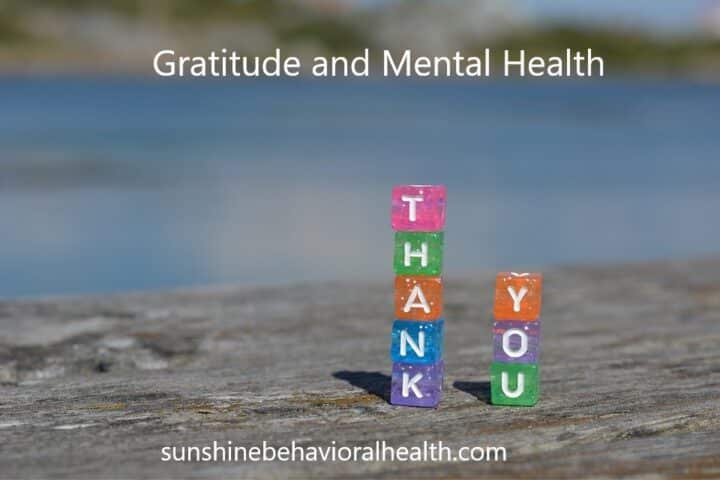
Gratitude Attitude: How Thankfulness Helps in Mental Health
Thanksgiving is here, and we are now in the cozy season of gathering together and reflecting on the year that was. A wonderful habit to adopt for the holidays and beyond is a perspective known as a gratitude attitude. Learn how cultivating a grateful character can help your mental health.
Regardless of your Thanksgiving traditions, one thing is common: many of us think about the things for which we are thankful.
These things could be the food on our table, the presence of our loved ones, and the time we spend building memories. Either through solo reflection or by holding hands and sharing our thoughts, it’s a comforting feeling to be those closest to our hearts, spreading the spirit of gratitude.
What if we can take it a step further and cultivate this mindset all year round? It turns out that having a gratitude attitude can provide many mental health benefits. Here are a few:
Gratefulness makes us happier
Taking the time to be thankful helps us to value the positive things we often ignore. In one study, researchers at Harvard University worked with three groups of participants.
Researchers asked the first group to list daily things that made them feel thankful, the second group to write down daily annoyances, and the third group to recall the things that affected them without associating them with any positive or negative emotions.
Participants of the group who focused on thankfulness had more positive outlooks, felt healthier, and made fewer visits to health care professionals. Spending time to think about gratitude can produce happiness and better health outcomes in your life.
Action tip: Keep a gratitude journal. Every day, list 3-5 things you are thankful for, big or small.
Gratitude attitude helps you become more present
There are many ways to be thankful. One of them is to express present moment gratitude. This means being aware of your current situation and finding things to be thankful for in that specific moment.
How is this helpful for someone who’s suffering from mental health problems and substance use disorders? Practicing some present moment mindfulness keeps your brain away from unhelpful ruminations, past trauma, and other negative thought patterns.
Such mental states often are a source of anxiety, depression, and other mood disorders that could become triggers for substance abuse. Thus, being thankful for the present moment can enhance mental health.
Action tip: Whenever you feel down, stressed, or negatively triggered, be aware of the present moment and find things for which you can be thankful. Jot them down in a journal, place them in a notes app, or express them verbally.
Gratefulness improves relationships
Are you experiencing rocky patches in your relationships? Expressing thankfulness for the significant people in your life, whether for the things they do or for who they are, can boost the health of your relationships.
By expressing gratitude, you are letting your loved ones know that they are valued. When one feels valued, they might reciprocate these forms of affection. Strong relationships are significant factors that can improve one’s mental health and overall well-being.
Action tip: Find creative ways to express thankfulness to the people around you. Write thank you cards, verbally acknowledge someone’s hard work, or simply say how grateful you are. You might just make someone’s day.
Happiness and health through gratitude
Practicing the simple act of gratitude can go a long way for your mental health. May we learn to be grateful always, and in all ways, Thanksgiving and beyond.
Sources
health.harvard.edu – Giving Thanks Can Make You Happier
mindful.org – Present-Moment Awareness Buffers the Effects of Daily Stress
greatergood.berkeley.edu – How Gratitude Helps Your Friendships Grow
A Message From Our CEO
Medical disclaimer:
Sunshine Behavioral Health strives to help people who are facing substance abuse, addiction, mental health disorders, or a combination of these conditions. It does this by providing compassionate care and evidence-based content that addresses health, treatment, and recovery.
Licensed medical professionals review material we publish on our site. The material is not a substitute for qualified medical diagnoses, treatment, or advice. It should not be used to replace the suggestions of your personal physician or other health care professionals.






